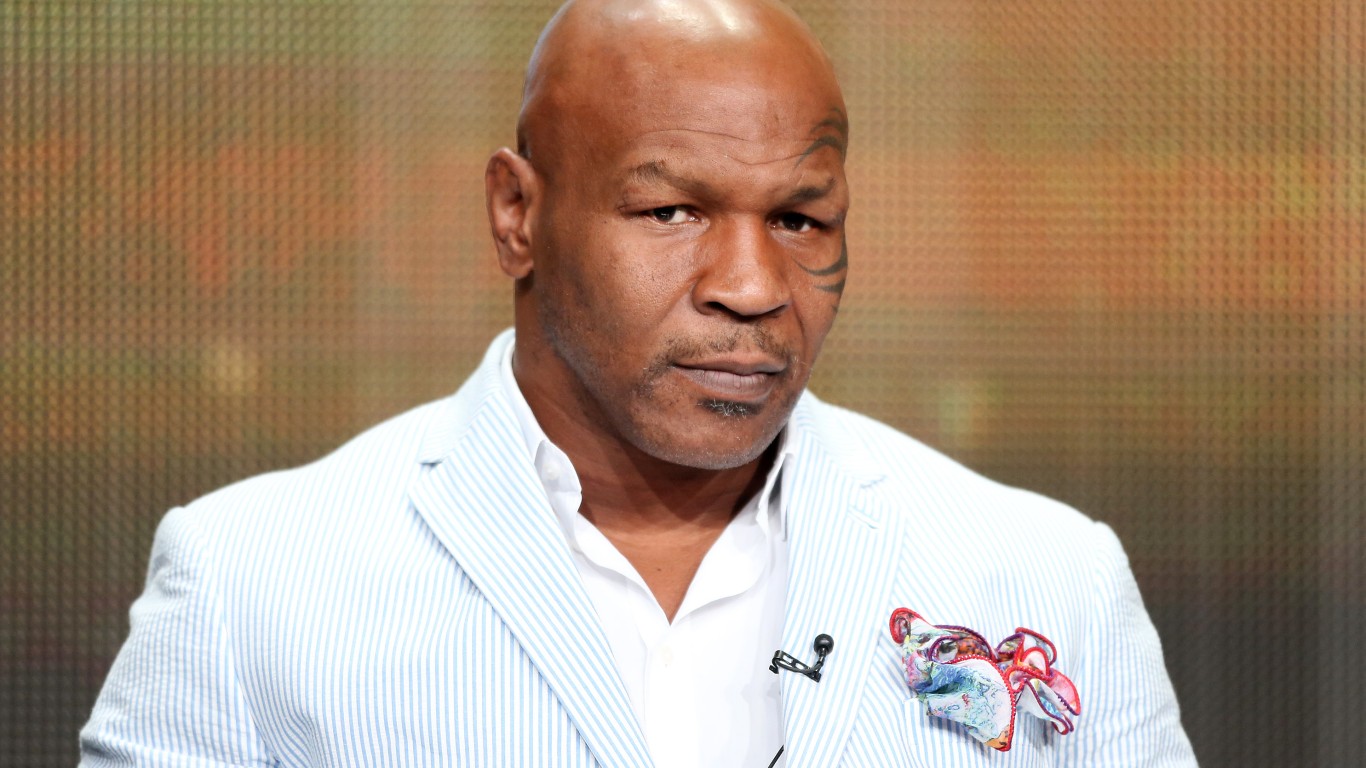When sports fans think of the National Basketball Association (NBA), most probably just think about basketball games, star players, fat contracts and lots of entertainment. Let’s just say there is a major business here at work as well, with total value that is worth literally billions of dollars. If businesses are worth billions of dollars, wouldn’t the public just assume that they have great credit as well? According to Fitch ratings, the NBA’s credit rating is A- with an Outlook Stable rating.
The good news is that A- is considered investment grade by the investing public. The bad news is that the public might have just assumed that it would be higher. After all, if the total NBA is worth billions upon billions, then wouldn’t the credit rating be higher after a multiyear television deal worth billions and now that team values are in the billions? It doesn’t always work out that way.
Forbes recently showed that the average value of an NBA franchise is now about $1.1 billion. Then there is the whole relative credit and value versus the National Football League and Major League Baseball to consider.
Fitch said that its A- ratings are meant to reflect the underlying core economic model of the NBA. The ratings agency still talked up the league’s solid revenue-sharing mechanism and a collective bargaining agreement with a soft salary cap. The most recent rating pertained to senior notes via affiliate Hardwood Funding — as well as $2.3 billion in senior notes issued through Hardwood Funding.
ALSO READ: “Furious 7” to Pull Franchise Over $1 Billion in U.S. Ticket Sales
The NBA currently has 30 teams in major metropolitan areas in the United States and Canada, of which 20 participate in the league lending facilities. Its revolving facility and notes covered in the Fitch report are parity obligations that are said to be secured by participating teams’ national television contract revenues and other assets. Fitch said:
The material reduction in overall leverage on the notes and facility stemming from the NBA’s recently renewed television contracts, which saw the average annual value of the national TV contracts increased approximately 3x, was key to Fitch’s rating upgrade on Jan. 21, 2015. The league’s recent strong attendance record through uncertain economic times in the U.S., solid viewership and formidable international growth are additional supporting factors driving the rating and recent upgrade.
Other drivers behind the rating are as follows: solid underlying league fundamentals, a long history of television contracts, a positive league oversight and governance and strong liquidity and coverage. Still, a driving force behind why the ratings might not be higher is that the league has team exposure — and refinancing risks expose teams to potentially higher costs.
So, how does Fitch view the NBA compared to other professional sports league peers? Here is what Fitch had to say on the matter:
The NBA’s leverage under the league-wide program is projected to be below 3.0x when the new television contract increases become effective and is consistent with the other ‘A’ category ratings including the NFL (G-3/G-4 programs rated ‘A+’ with a Stable Outlook and NFL Leaguewide [Football Funding and Football Trust rated ‘A’ with a Stable Outlook]) and MLB (Club Trust Securitization rated ‘A’ with a Stable Outlook). The NFL’s Football Trust and Funding currently have leverage around 2.0x ($200 million in league allowed debt under the facility divided by $100 million per team national television contract (not including DirecTV)) and MLB’s current leverage is also around 2.0x but additionally benefits from the securitization features.
The NBA’s national television contract length run similar to those of the NFL, MLB and NHL while the CBA is similar to the NFL and NHL (MLB’s expires in 2017). The NBA’s soft salary cap is slightly weaker than those of the NFL and NHL but is slightly stronger than that of MLB, where player salaries have some restrictions but owners can elect to go above predetermined levels by paying a ‘tax’.
From an innocent bystander’s view, particularly after seeing how high Steve Ballmer paid for the LA Clippers, one might just assume that the NBA is Triple-A rated. Apparently not.
ALSO READ: Disney Boosts Star Wars Franchise Ahead of Movie Release
Want to Retire Early? Start Here (Sponsor)
Want retirement to come a few years earlier than you’d planned? Or are you ready to retire now, but want an extra set of eyes on your finances?
Now you can speak with up to 3 financial experts in your area for FREE. By simply clicking here you can begin to match with financial professionals who can help you build your plan to retire early. And the best part? The first conversation with them is free.
Click here to match with up to 3 financial pros who would be excited to help you make financial decisions.
Thank you for reading! Have some feedback for us?
Contact the 24/7 Wall St. editorial team.
